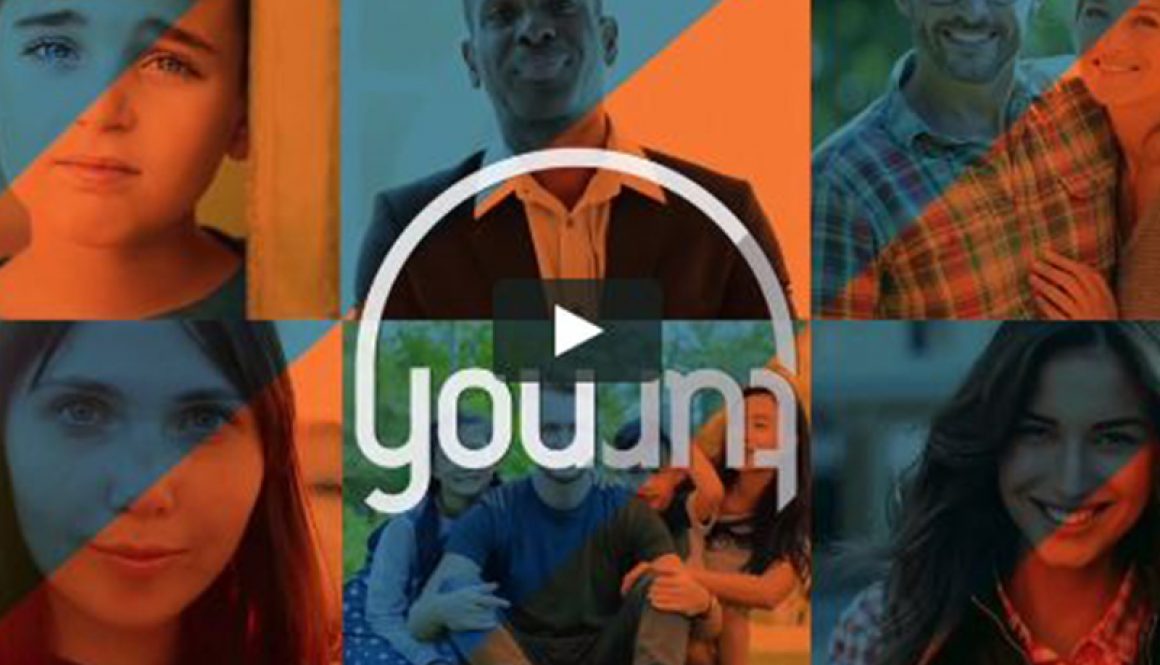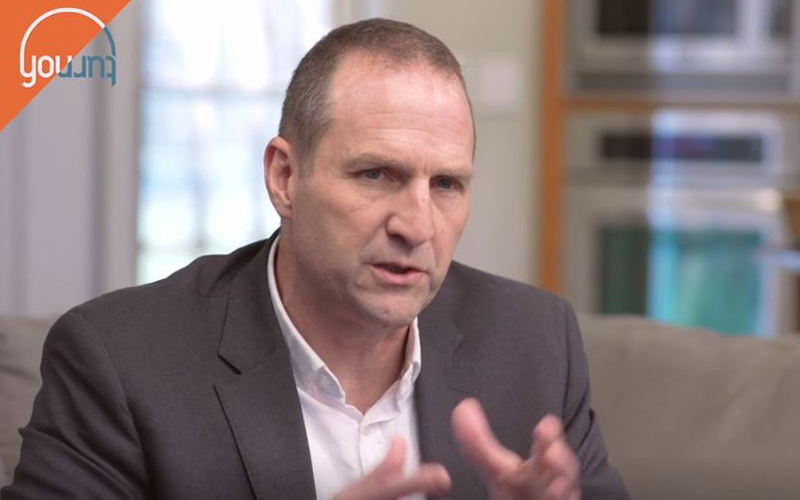Constant Connection + Comparison = Constant Crisis
Adolescent Behavioral Health
I have been a practicing clinician and clinical manager working in the substance use disorders and mental health treatment industries for over 20 years.
For over 10 years, my work involved specialty practice with adolescents and young adults.
I have always been drawn to helping younger people. Probably motivated by my own personal experience.
I came through my dark days during the 1980’s when discussing adolescent mental health and addiction was off limits. Adolescent behavioral health issues simply did not exist.
I’ve spent a bunch of therapy time with kids and their parents. Trying to help them figure out up from down.
We’ve always known there were many more young people in need; beyond those “showing up” for therapy.
However, I never saw this coming. Record setting levels of anxiety, depression, overdose, and suicide.
Overdoses are also climbing among this demographic.
iGen 101
I got most my information on this topic from reading Jean M. Twenge, a professor of psychology at San Diego State University author of “Generation Me” and “iGen”.
iGen represents the generation born between 1995 and 2012. Post millennials.
This generation represents an important transition in terms of human evolution.
Erik Brynjolfsson and Andrew McAfee called the internet explosion the 2nd Machine Age. And just like the first machine age (the industrial revolution) we will need some time to negotiate this new landscape.
iGen marks the first generation with the no “pre-internet” exposure. Perhaps even more significantly, iGen represents the generation of fully integrated mobile connection.
Consider the following:
• The smart phone came of age in 2007. Nearly all the iGen kids grew up with smartphone (3 out of 4 reported owning an iPhone).
• iGen kids have Instagram accounts before they start high school.
• The internet was always present for iGen. They don’t recall pre-internet life.
“Millennials grew up with the web as well, but it wasn’t ever-present in their lives, at hand at all times, day and night. AND most can remember a time when the web was not part of their life”. (Jean Twenge)
Helicopter & Bubble Wrap
- Interesting when you study this generation you quickly see that traditional rites of passage are unimportant. For example, “leaving the home and seeing the world” is insignificant. I guess when you have connection and access to the entire world from your bedroom you are less interested in getting out to go see the world.
- In general, they are less likely to leave the house (for any reason) without their parents. (NOTE: this is not entirely due to the cyber culture. This is also the result of helicopter parenting; creating a bubble wrapped generation).
According to Twenge: “The shift is stunning:
12th-graders in 2015 were going out less often than eighth-graders did as
recently as 2009”. They have less sex, use less drugs, take less risks.
More from Twenge: “They’re markedly less likely to get into a car accident
and, having less of a taste for alcohol than their predecessors, are less
susceptible to drinking’s attendant ills”
However, they report record levels of “psychological” problems. Anxiety, depression, and suicide rates are climbing at any alarming level.
As Twenge says: “It’s not an exaggeration to describe iGen as being on the brink of the worst mental-health crisis in decades.”
Twenge also says: “Much of this deterioration can be traced to their phones”.
The Impact Is Brutal
The impact of constant connection AND CONSTANT COMPARISON cannot be over-stated.
Middle school is brutal under the best of conditions.
Kids realize that there is a status system. Kids realize they are different. Kids realize they are or the aren’t cool
Fear of mission out. Fear of being left out.
Can you imaging being a teenager, constantly reminded how cool (or not cool) you are 24 hours a day 7 days a week.
As a mature, sane (most days), successful, accomplished adult I find myself susceptible to social media. In my life the impact is work related. However, the impact is there.
Social media must be psychological terrorism for the average teenager.
All Our Problem
We have a problem on our hands. The solution is not attacking technology.
Technology never regresses. Rather we will see continuous innovation and powerful new platforms.
More social cyber connection not less. That’s how technology works. We don’t go backward.
None of us are going to ride our horse home from work tomorrow.
You probably won’t need to use a pay phone or type your next memo on a typewriter.
WE WILL NEED TO DEVELOP INTERVENTIONS AND PROVIDE SUPPORT THAT MEETS PEOPLE WHERE THEY ARE….ON THEIR PHONES.
youturn.net
Check out www.youturn.net. We intend to do our part in solving this problem.
Forget everything you’ve heard about traditional addiction and recovery. youturn is an innovative video platform for people who are being negatively affected by addiction.
We’re not A.A. We’re not rehab.
We’re just here to offer information. Provide perspective. And start the conversation. What you do from there is up to you.
youturn was created by people who overcame challenges related to substance use disorders.
People who found a way to make a comeback and lead a healthier, happier, more purposeful lifestyle.
We are living, breathing testimonies to the fact that hope and change are possible.
Watch Rich Jones on youturn.net
Click on the image too view! Rich shares with us the basics of Substance Use Disorder.


